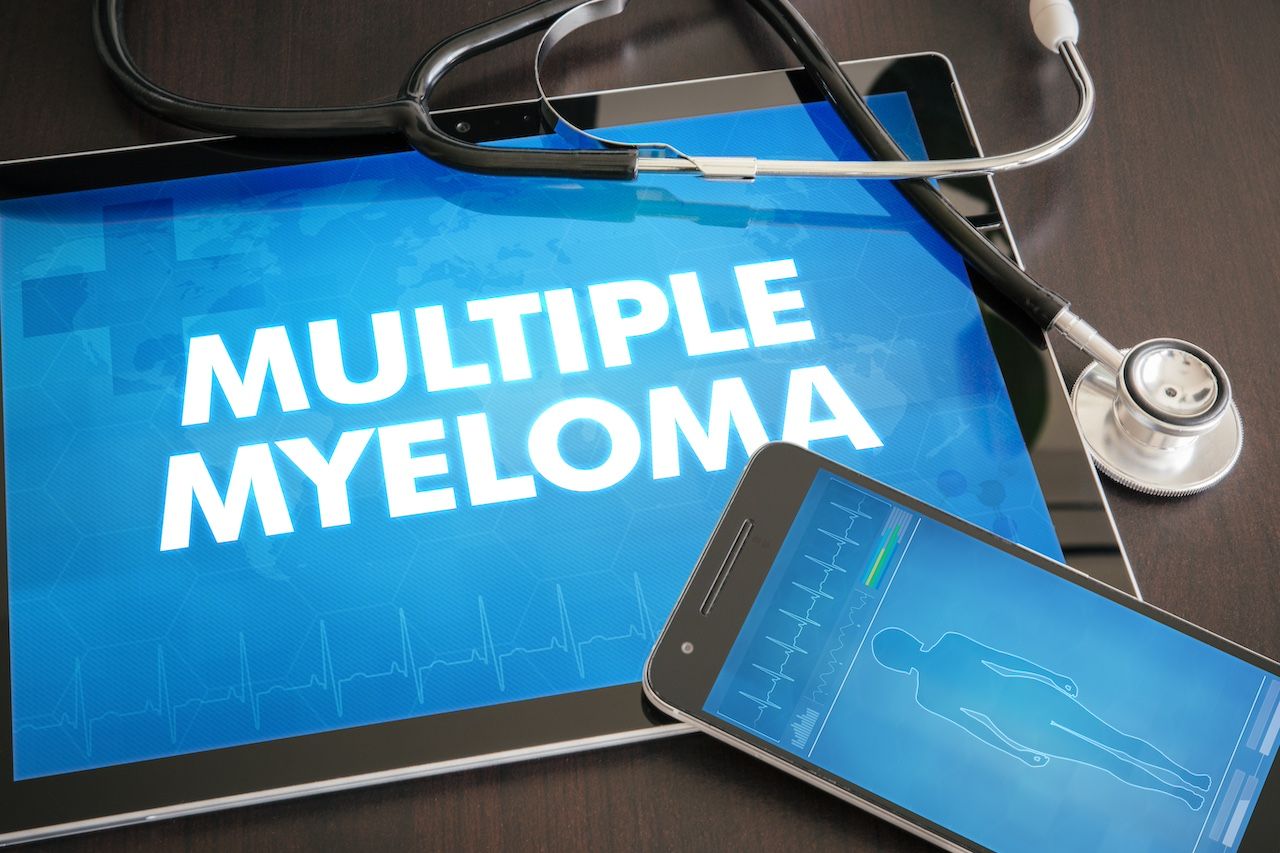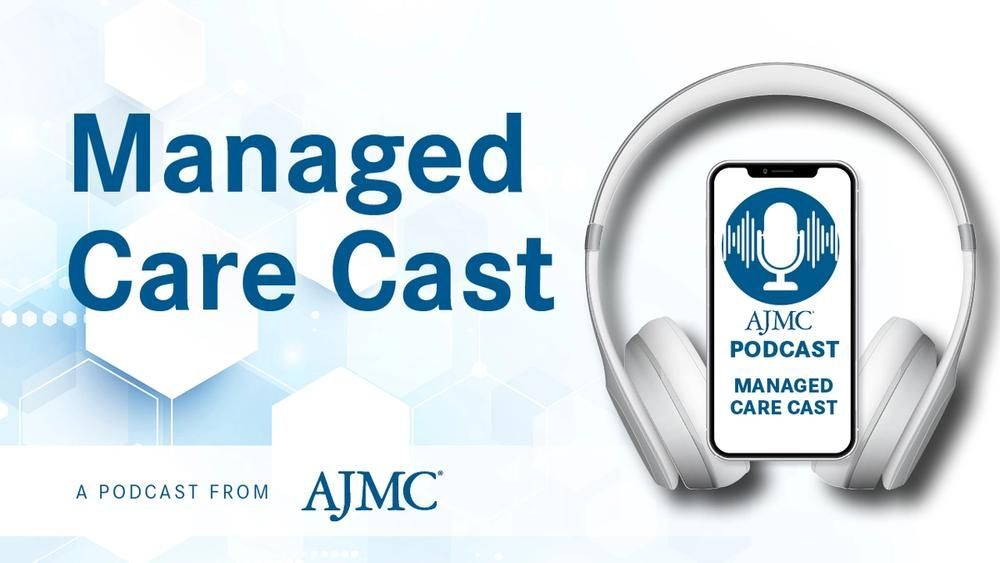News
Article
Tislelizumab Plus Chemo Meaningfully Improves OS, PFS in Advanced Esophageal Cancer
Author(s):
The results of the 3-year follow-up show meaningful improvement in overall survival (OS) and progression-free survival (PFS) for tislelizumab plus chemotherapy compared with placebo plus chemotherapy.
After 3 years of follow-up, tislelizumab plus chemotherapy continues to show clinically meaningful improvements in overall survival (OS) and progression-free survival (PFS) compared with placebo and chemotherapy as a first-line treatment of advanced/metastatic esophageal squamous cell carcinoma.1 Tislelizumab (Tevimbra, BeiGene) was recently approved in the US as a second-line monotherapy for unresectable or metastatic esophageal squamous cell carcinoma after prior systemic chemotherapy.2
The 3-year results of RATIONALE-306 show clinically meaningful improvements in overall survival and progression-free survival with first-line tislelizumab plus chemotherapy compared with placebo and chemotherapy.
Image credit: Dr_Microbe - stockadobe.com

Although esophageal cancer only makes up about 1% of the cancers diagnosed in the US, it’s much more common in other parts of the world and it is the eighth most commonly diagnosed cancer worldwide.3
The 3-year results of the RATIONALE-306 study presented at the 2024 American Society of Clinical Oncology Annual Meeting supported the results of the 2-year interim analysis,4 as well as the manageable safety profile of tislelizumab plus chemotherapy. After the interim analysis, the study was unblinded.
The study was a randomized, double-blind, phase 3 study including patients who had not received any prior systemic therapy and had an ECOG performance status of 0 to 1. The median (IQR) age of patients was 64.0 years (59.0-69.0), and the majority (87%) were male patients.4 In addition, 75% were Asian and 24% were White.
Patients were randomly assigned in a 1:1 fashion to receive either tislelizumab 200 mg (n = 326) or placebo (n = 323) intravenously every 3 weeks plus the investigator’s choice of chemotherapy. The baseline characteristics were similar between the 2 groups.
At 3 years, the median OS was 17.2 (15.8-20.1) months for those receiving tislelizumab vs 10.6 (9.3-12.0) months for those receiving placebo (HR, 0.70; 95% CI, 0.59-0.83).1 The 36-month OS rate was 22.1% (17.6%-27.0%) for tislelizumab vs 14.1% (10.4%-18.4%) for placebo. The OS benefit was seen across all prespecific subgroups. In addition, the improvement in OS was also seen in patients with high and low PD-L1 expression who were receiving tislelizumab. At 3 years, the PFS rate was 15.0% (10.8%-19.9%) for tislelizumab vs 2.9% (1.1%-6.2%) for placebo.
Patients on tislelizumab had a longer median exposure to the treatment at 6.4 months compared with 4.9 months on the placebo arm. The incidence of any-grade treatment-related adverse events (TRAEs) was comparable between the arms, with 67% of patients on tislelizumab and 64.5% on placebo experiencing grade 3 or higher TRAE, and 96.6% on tislelizumab and 96.3% on placebo experiencing any-grade TRAE. However, discontinuation due to AEs was more common in the tislelizumab arm (32.1% vs 22.1%), and patients on tislelizumab were more likely to have at least 1 TRAE leading to dose modification (76.2% vs 71.3%).
During the interim analysis, the most common grade TRAEs of grade 3 or higher were decreased neutrophil count (31% for tislelizumab vs 33% for placebo), decreased white blood cell count (11% vs 16%), and anemia (15% vs 13%).4 At the time of the 3-year follow-up, there had been 6 (1.9%) deaths in the tislelizumab arm and 4 (1.2%) in the placebo arm.
References
1. Yoon HH, Kato K, Raymond, et al. Global, randomized, phase III study of tislelizumab plus chemotherapy versus placebo plus chemotherapy as first-line treatment for advanced/metastatic esophageal squamous cell carcinoma (RATIONALE-306 update): minimum 3-year survival follow-up. J Clin Oncol. 2024;42(suppl 16; abstr 4032). doi:10.1200/JCO.2024.42.16_suppl.4032
2. Rosa K. FDA approves tislelizumab for advanced or metastatic ESCC after chemotherapy. OncLive®. March 14, 2024. Accessed June 14, 2024. https://www.onclive.com/view/fda-approves-tislelizumab-for-advanced-or-metastatic-escc-after-chemotherapy
3. Liu C-Q, Ma Y-L, Qin Q, et al. Epidemiology of esophageal cancer in 2020 and projections to 2030 and 2040. Thorac Cancer. 2023;14(1):3–11. doi:10.1111/1759-7714.14745
4. Xu J, Kato K, Raymond E, et al. Tislelizumab plus chemotherapy versus placebo plus chemotherapy as first-line treatment for advanced or metastatic oesophageal squamous cell carcinoma (RATIONALE-306): a global, randomised, placebo-controlled, phase 3 study. Lancet Oncol. 2023;24(5):483-495. doi:10.1016/S1470-2045(23)00108-0
Newsletter
Stay ahead of policy, cost, and value—subscribe to AJMC for expert insights at the intersection of clinical care and health economics.

PROs Affirm Zongertinib’s Combination of Strong Response Rates With Low Toxicity



